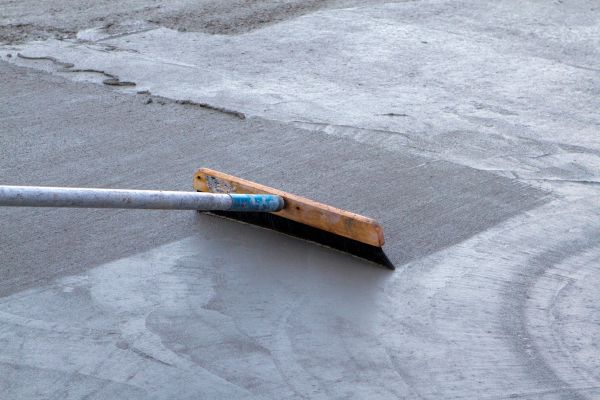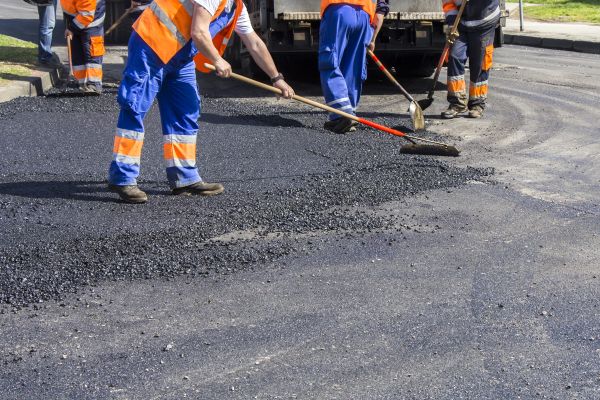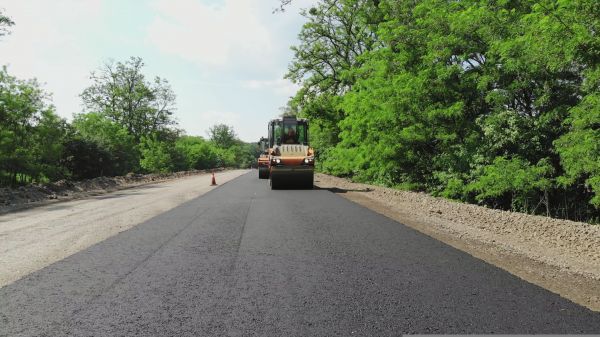Street Paving Service
Affordable Street Paving
Street paving is a critical infrastructure process that involves the construction and maintenance of road surfaces to ensure safe and efficient transportation. It plays a vital role in urban planning and development, as well-maintained streets facilitate smooth traffic flow, enhance property values, and contribute to the overall aesthetic appeal of neighborhoods. Proper street paving not only supports the daily commute of residents but also aids in reducing vehicle wear and tear, ultimately leading to a more sustainable and functional urban environment.
Benefits of Street Paving
-
Improved Safety
Smooth and well-maintained streets reduce the risk of accidents by providing better traction for vehicles and minimizing hazards such as potholes and uneven surfaces. This is essential for both drivers and pedestrians, ensuring safer travel and reducing the likelihood of injuries. -
Enhanced Aesthetics
Professionally paved streets enhance the visual appeal of neighborhoods and business districts. A clean, well-kept road surface can significantly improve the first impression of an area, making it more inviting for residents, visitors, and potential investors. -
Increased Property Value
Quality street paving can lead to increased property values. Homes and businesses situated on well-paved streets are generally more attractive to buyers and renters, as they imply a well-maintained and desirable location. -
Reduced Maintenance Costs
Investing in professional street paving reduces long-term maintenance costs. High-quality materials and expert installation mean that streets require fewer repairs over time, saving municipalities and property owners from frequent, costly fixes.
FAQs About Street Paving
What materials are commonly used in street paving?
Common materials include asphalt, concrete, and various aggregates. The choice of material depends on factors such as climate, traffic load, and budget considerations.
How often should streets be repaved?
The frequency of repaving depends on usage and environmental conditions but typically ranges from every 10 to 20 years. Regular inspections can help determine the appropriate schedule for maintenance.
What is the typical process for street paving?
The process usually involves removing the old surface, preparing the base, laying new paving material, and ensuring proper drainage. Each step is crucial for the longevity and quality of the paving.
Can street paving be done in any weather?
While some paving can be done in cooler temperatures, extreme weather conditions such as heavy rain or freezing temperatures can affect the quality of the work. It's best to schedule paving during favorable weather conditions.
Ready to experience the benefits of professional street paving? Fill out the contact form today and request a consultation. Enjoy improved safety, enhanced aesthetics, and increased property value with expertly paved streets.




